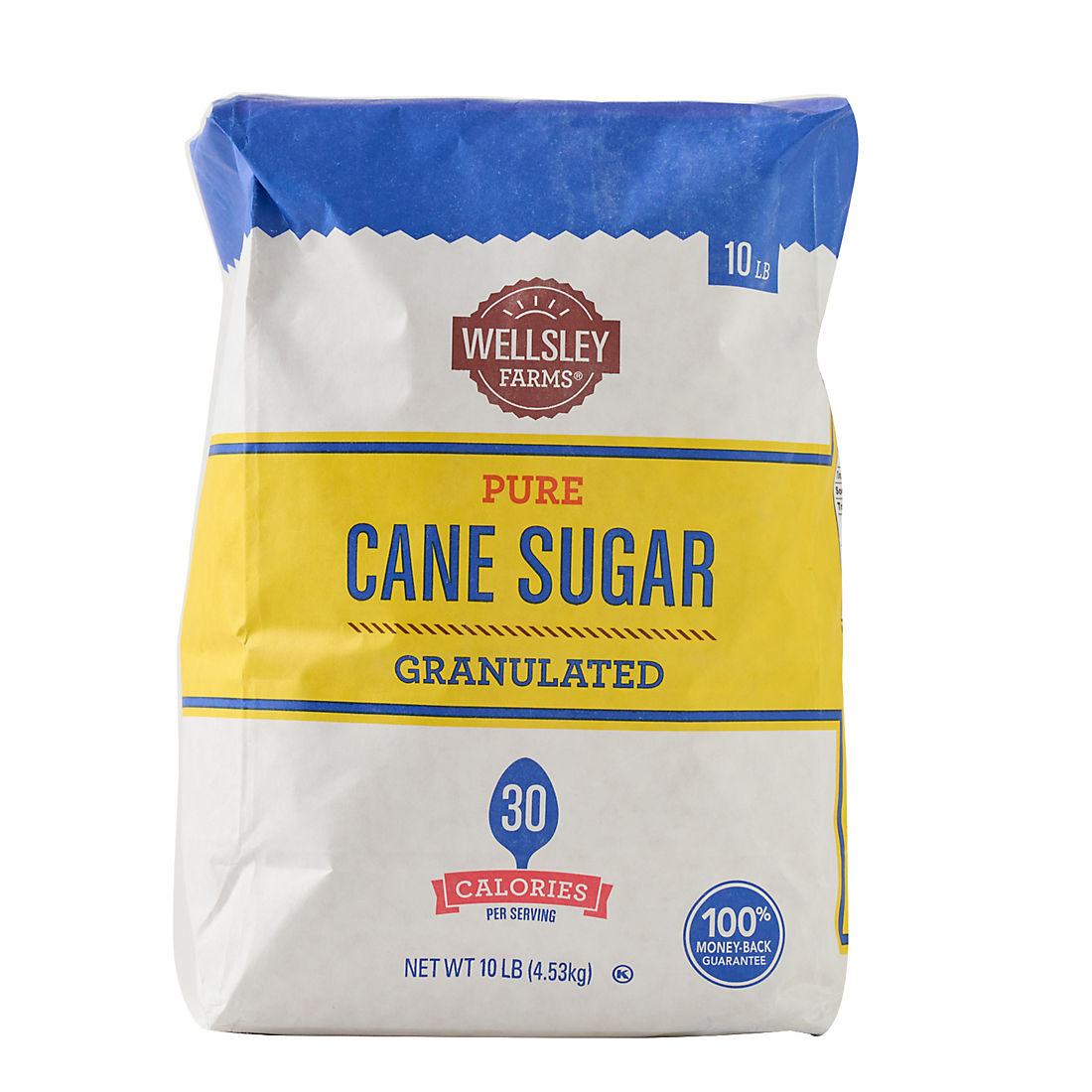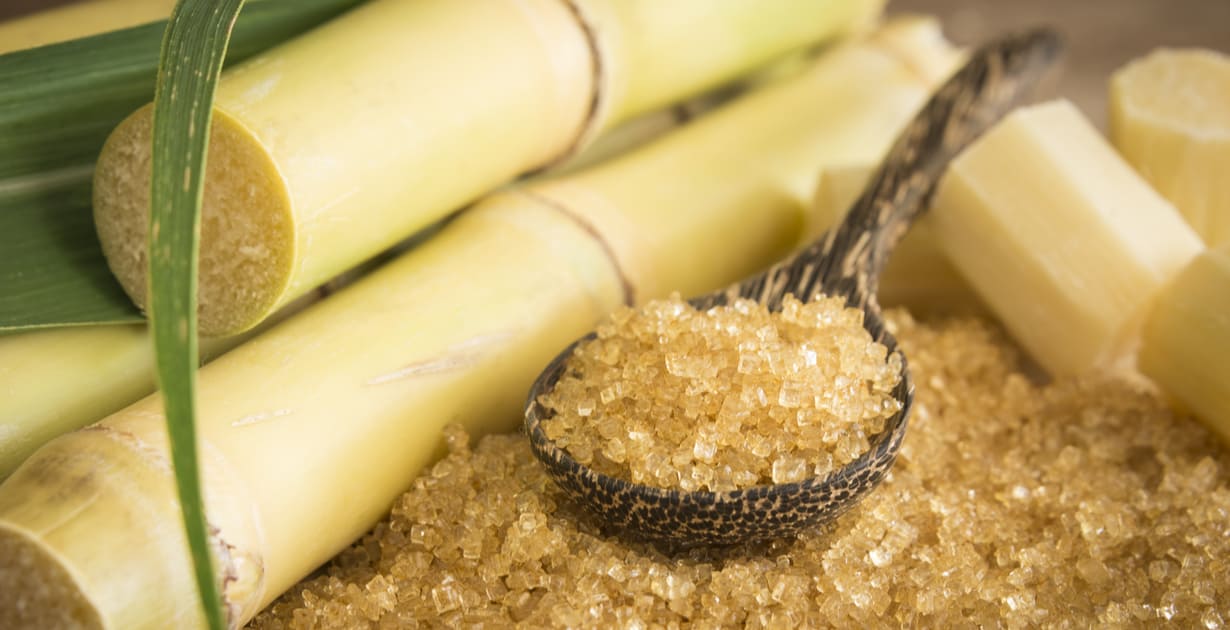Checking Out Eco-Friendly Cane Sugar Processing Chemicals
Checking Out Eco-Friendly Cane Sugar Processing Chemicals
Blog Article
Navigating Regulatory Conformity and Sustainability With Cutting-Edge Walking Stick Sugar Handling Chemicals in the Chemical Export Sector

Regulatory Landscape Review
In the world of walking cane sugar processing chemicals within the chemical export market, recognizing the regulative landscape is critical for ensuring conformity and sustainable operations. Regulative bodies such as the Epa (EPA) and the Food and Medicine Administration (FDA) play a critical duty in overseeing the manufacturing, import, and export of these chemicals. Compliance with regulations stated by these bodies is not only a legal need however likewise necessary for keeping public health and wellness and ecological safety standards.
Governing structures regulating walking cane sugar handling chemicals encompass a vast array of elements, including labeling needs, permitted levels of particular compounds, and guidelines for safe handling and disposal. For chemical exporters, this implies adhering to stringent paperwork processes, quality control steps, and regular audits to show adherence to these policies.

Sustainable Walking Stick Sugar Chemical Innovations

One prominent area of development is the advancement of environment-friendly chemicals that lower water and energy consumption throughout the sugar handling phases. By applying these lasting remedies, firms can decrease their carbon impact while keeping high degrees of efficiency. Furthermore, advancements in eco-friendly chemicals are getting traction, providing a more eco-friendly choice to standard processing agents.
Furthermore, the integration of renewable power sources in the production procedure is becoming more widespread, additional boosting the sustainability account of walking stick sugar processing. By embracing these lasting walking stick sugar chemical developments, companies can not just satisfy regulatory needs yet likewise demonstrate a dedication to environmental responsibility in the chemical export sector.
Compliance Challenges in Exporting Chemicals
Browsing regulative frameworks presents significant obstacles for chemical merchants, calling for careful attention to conformity criteria and global laws. Exporting chemicals involves adherence to an intricate web anonymous of regulations that vary from nation to nation. Among the main conformity challenges faced by chemical merchants is guaranteeing that the items satisfy the details regulatory requirements of the importing country. This includes acquiring the necessary licenses, qualifications, and paperwork to show the security and validity of the chemicals being exported.
Furthermore, chemical merchants must stay abreast of regularly advancing standards and regulations associated with chemical transport, manufacturing, and handling. Failure to abide with these regulations can result in severe effects, including penalties, lawful activity, and reputational damages. Navigating trade restrictions, sanctions, and export control laws includes one more layer of intricacy to the compliance landscape for chemical exporters.
To mitigate these challenges, chemical merchants have to spend click this site in robust compliance programs, carry out normal audits, and engage with regulatory authorities to ensure a detailed understanding of the appropriate laws and regulations. By focusing on compliance and remaining positive in dealing with governing difficulties, chemical exporters can navigate the complexities of international profession effectively.
Ecological Effect of Cane Sugar Processing
The environmental ramifications of cane sugar processing are a vital facet needing comprehensive examination in the chemical export industry. Walking stick sugar handling can have substantial environmental effects at different phases of production. One of the main issues is the generation of big volumes of wastewater containing raw material, put on hold solids, and chemicals made use of in the processing plants. This wastewater, if not effectively treated, can pollute water bodies, damage aquatic life, and degrade general water top quality. Additionally, the burning of sugarcane areas prior to gathering, a common method in some areas, launches harmful air contaminants and greenhouse gases right into the atmosphere, contributing to air high quality concerns and climate modification.
Moreover, the considerable use chemicals and fertilizers in sugarcane farming can lead to soil deterioration, water contamination, and damage to non-target microorganisms. It is important for chemical exporters associated with the cane sugar handling industry to carry out sustainable techniques, buy advanced wastewater treatment innovations, promote responsible farming approaches, and stick to stringent environmental policies to reduce the unfavorable environmental impact of their procedures.
Future Trends in Sustainability Practices
What ingenious methods are chemical exporters in the walking stick sugar handling industry embracing to improve sustainability methods for the future? As the need for sustainable practices remains to grow, chemical merchants are welcoming different trends to make sure a greener future for the sector. One famous fad is the shift towards developing and using environment-friendly chemicals in the processing of walking stick sugar. These chemicals are developed to lessen environmental effect while keeping high levels of efficiency in the production procedure.
Another vital trend is the application of advanced modern technologies such as automation and data analytics to optimize source usage and reduce waste generation. By harnessing the power of data and automation, chemical merchants can improve their procedures, more information improve power efficiency, and enhance total sustainability performance.
Moreover, collaborations and partnerships with sustainability-focused organizations and stakeholders are ending up being increasingly common. By working together, chemical exporters can trade knowledge, share ideal techniques, and collectively drive development in the direction of even more lasting cane sugar handling techniques. Embracing these trends will not only benefit the setting but additionally guarantee long-lasting success and competition in the sector.
Verdict
In conclusion, the chemical export market must browse intricate regulative landscapes and sustainability obstacles when refining cane sugar. Technologies in walking cane sugar handling chemicals are vital to fulfilling conformity standards and reducing ecological influence. As the industry remains to progress, it is very important for business to adopt lasting methods and stay in advance of future trends to ensure lasting success.
In the world of walking stick sugar processing chemicals within the chemical export industry, comprehending the regulative landscape is paramount for guaranteeing conformity and sustainable operations.Exploring cutting-edge strategies in the development of lasting cane sugar chemical options is critical for progressing ecological stewardship in the chemical export industry. Business are progressively spending in research and growth to create innovative cane sugar processing chemicals that not only make certain high effectiveness in sugar production however additionally stick to rigorous sustainability standards.
In addition, chemical merchants need to stay abreast of continuously progressing standards and regulations associated to chemical handling, manufacturing, and transportation - Cane Sugar Processing Chemicals.The ecological ramifications of walking cane sugar processing are an essential facet calling for comprehensive evaluation in the chemical export sector
Report this page